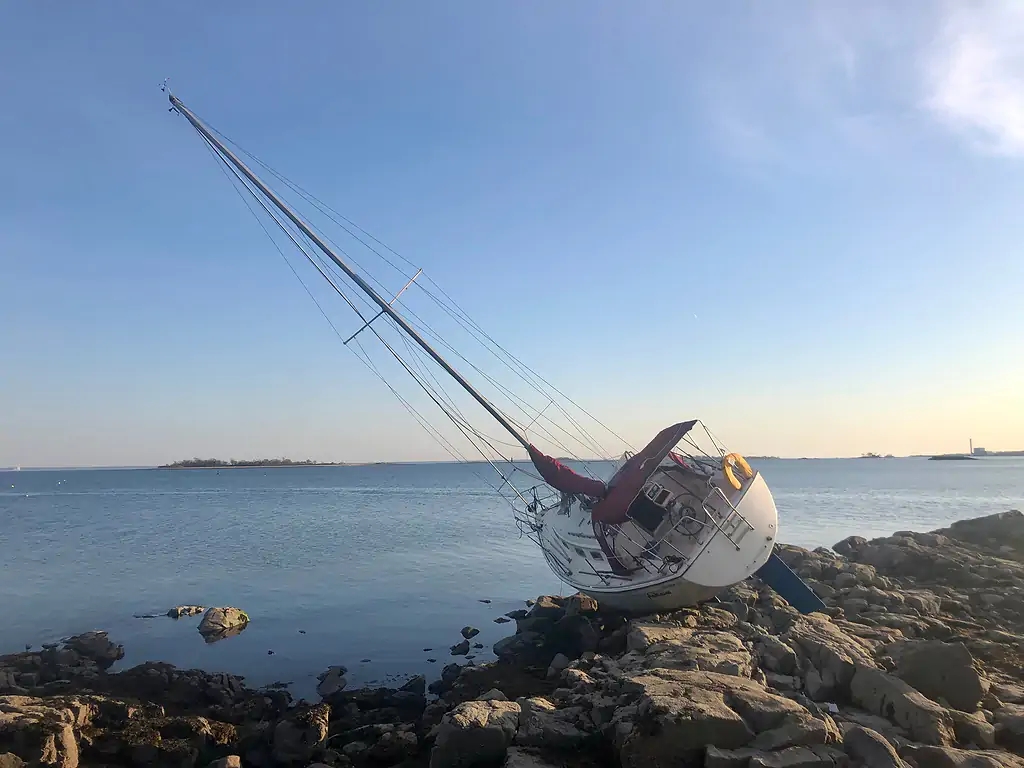There are two local libraries near my house, and the campus library at the college where I used to work. And yet, until just a couple of months ago, they were rather underutilized by yours truly. I had developed into a bit of a book hoarder. I had enough disposable income to purchase books, and as a writer myself I felt an obligation to buy books–from the authors or their publishers when possible (some books are out of print and then…Amazon or ThriftBooks). Buying books helps to keep authors and publishers afloat. Win-win.
I’m now on a fixed income, however, and also have much more ‘free time’ because I have stopped working 40 hours a week. I can get to the libraries at ten a.m. and browse the stacks and ask for interlibrary loans. The first time I borrowed from the library in town, I received a receipt that said: “You checked out the following items,” followed by the due dates of each item, and then this cheerful little notice: “You saved $65.96 by using your public library!” Look at me, the savvy saver.
Maybe libraries have been doing this for awhile and I never noticed because I haven’t been using them. But I thought it was an amusing reminder. I guess it also serves to let people know they ought to donate money and books since, after all, they are saving so much by opting for the library. And so, while I slowly cull my own shelves for –er– “downsizing” purposes, I’ve been borrowing weekly from my free public libraries, one of so-called civilization’s greatest boons. I am sorry it took me so long to return to the safe and welcoming space of a public library.
~
In most public libraries, the hardest books to locate are small-press poetry titles; but the campus library has a good selection of those and, as a former employee, I can drive over there when searching out poetry collections. This means that I will still purchase the occasional new or hard-to-locate poetry books by writers whose work I feel I simply must possess. It’s a big challenge to get over that hurdle of needing to own books, though. A series of full bookshelves feels somehow comforting to me. I’d much rather divest myself of clothing, shoes, jewelry, electronic devices, furniture, craft supplies, maybe even artwork or gardening tools, than part with my books…especially the poetry collections and the philosophy texts.
I’ll keep those for now. But I will also return this $65.96-worth of books to my local library and borrow another $66-worth of books in their place.
~ And in the happy news department, P.S. see below! The issue should be live soon. Amazingly, this is my third Pushcart nomination this year. The last time I was nominated for this annual prize was 1997. So, kinda gobsmacked…and grateful.





